For the average American, the message is clear. Liberalism is no longer the answer. It is the problem
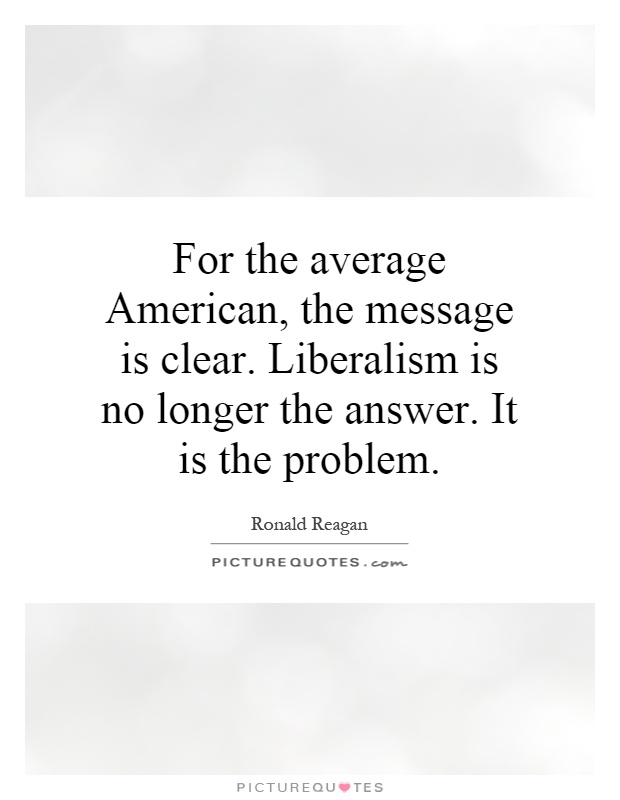
For the average American, the message is clear. Liberalism is no longer the answer. It is the problem
Ronald Reagan, the 40th President of the United States, is often hailed as a conservative icon who championed small government, free markets, and traditional values. During his presidency from 1981 to 1989, Reagan implemented policies that sought to reduce the size and scope of the federal government, lower taxes, and promote individual responsibility. His administration was marked by a strong anti-communist stance, a commitment to deregulation, and a belief in the power of the free market to drive economic growth.Reagan's presidency came at a time when many Americans were disillusioned with the liberal policies of the 1960s and 1970s, which were seen as ineffective in addressing the country's economic and social challenges. The stagflation of the 1970s, characterized by high inflation and high unemployment, had eroded confidence in the ability of government intervention to solve economic problems. Reagan's message of limited government, lower taxes, and individual empowerment resonated with many Americans who were looking for a new direction.
The quote "For the average American, the message is clear. Liberalism is no longer the answer. It is the problem" encapsulates the sentiment that many Americans felt during Reagan's presidency. Liberalism, with its emphasis on government intervention and social welfare programs, was seen as bloated, inefficient, and out of touch with the needs of the American people. Reagan's conservative agenda promised a return to traditional values, personal responsibility, and economic prosperity.
Reagan's policies, often referred to as Reaganomics, were based on the idea that reducing government intervention in the economy would unleash the power of the free market to create jobs, spur innovation, and drive economic growth. His tax cuts, deregulation efforts, and pro-business policies were aimed at stimulating investment and entrepreneurship. While Reagan's policies were controversial and faced criticism from some quarters, they were largely successful in reviving the American economy and restoring confidence in the country's future.



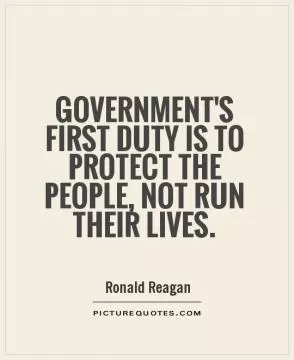

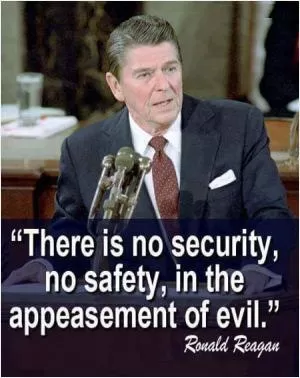

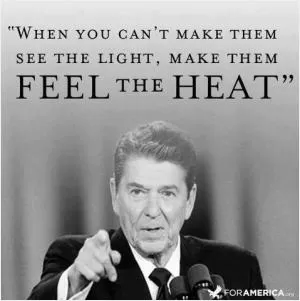



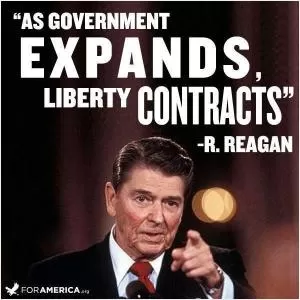
 Friendship Quotes
Friendship Quotes Love Quotes
Love Quotes Life Quotes
Life Quotes Funny Quotes
Funny Quotes Motivational Quotes
Motivational Quotes Inspirational Quotes
Inspirational Quotes